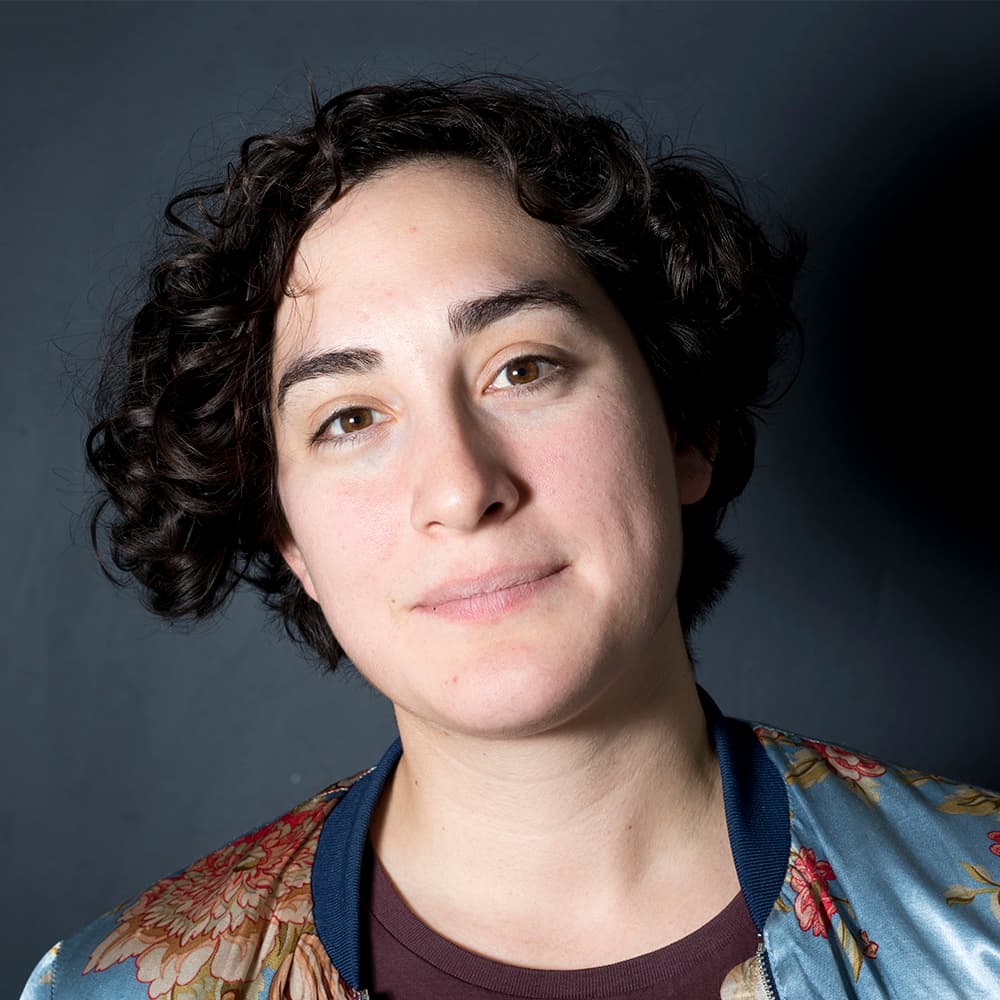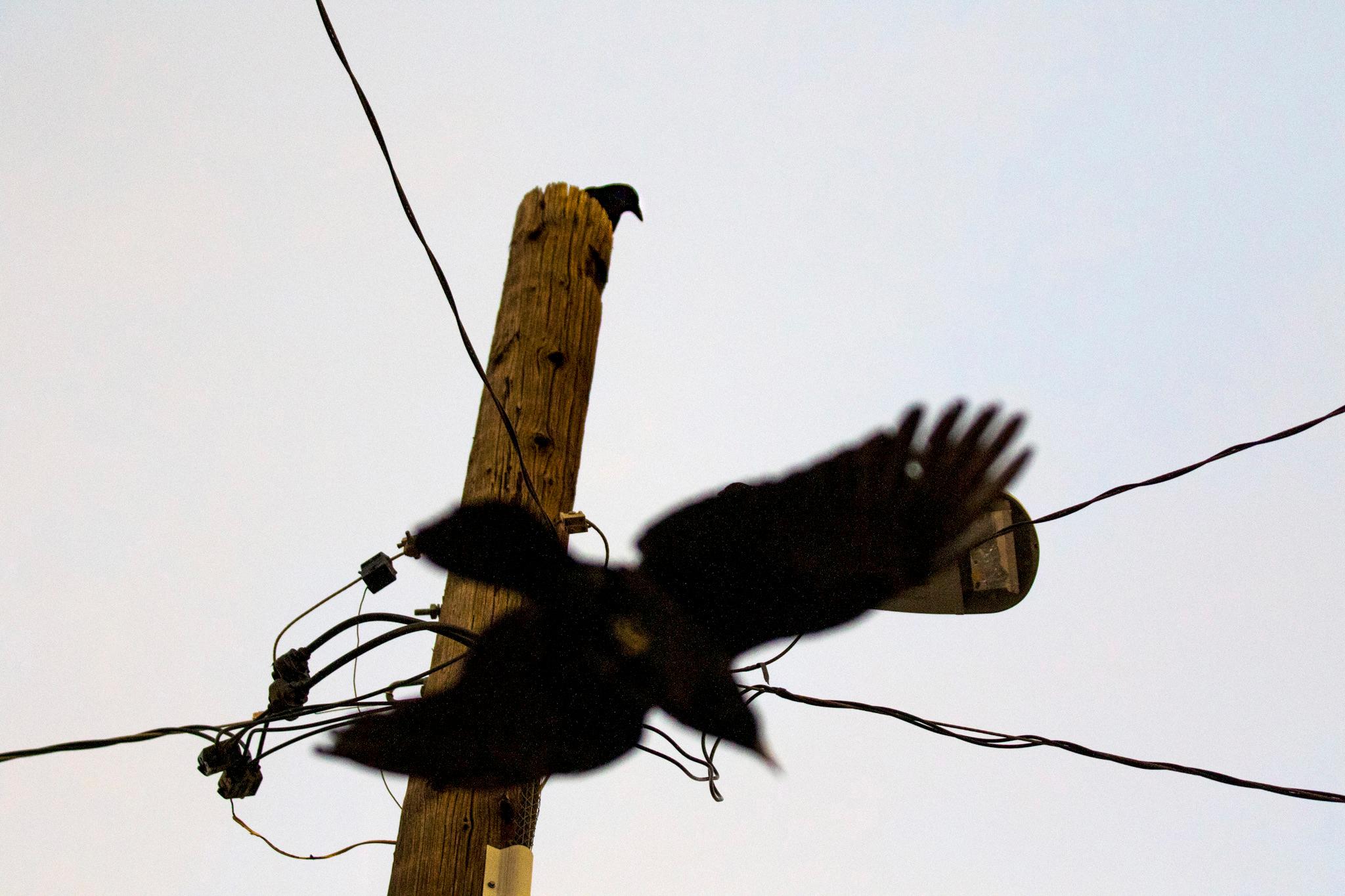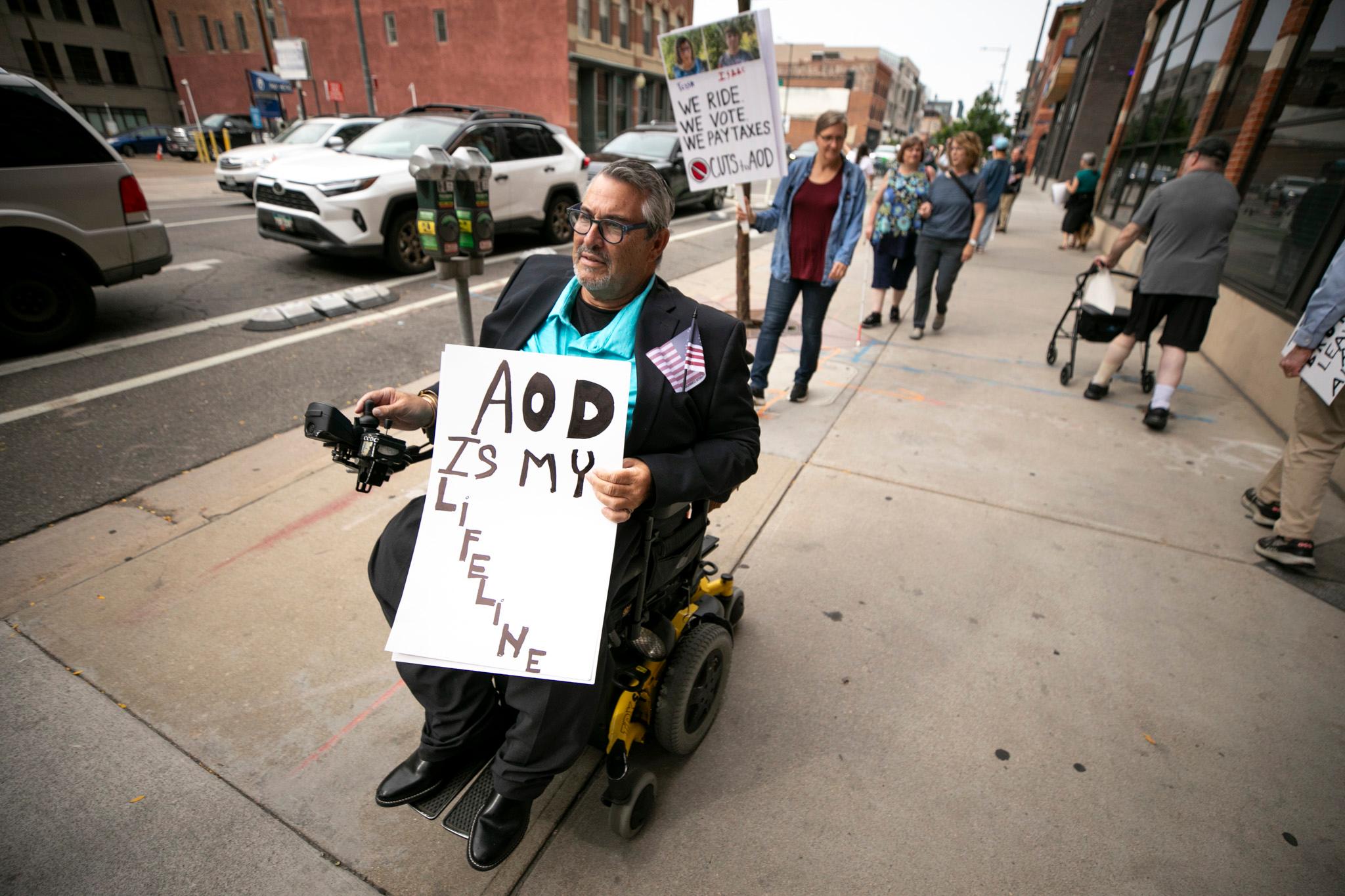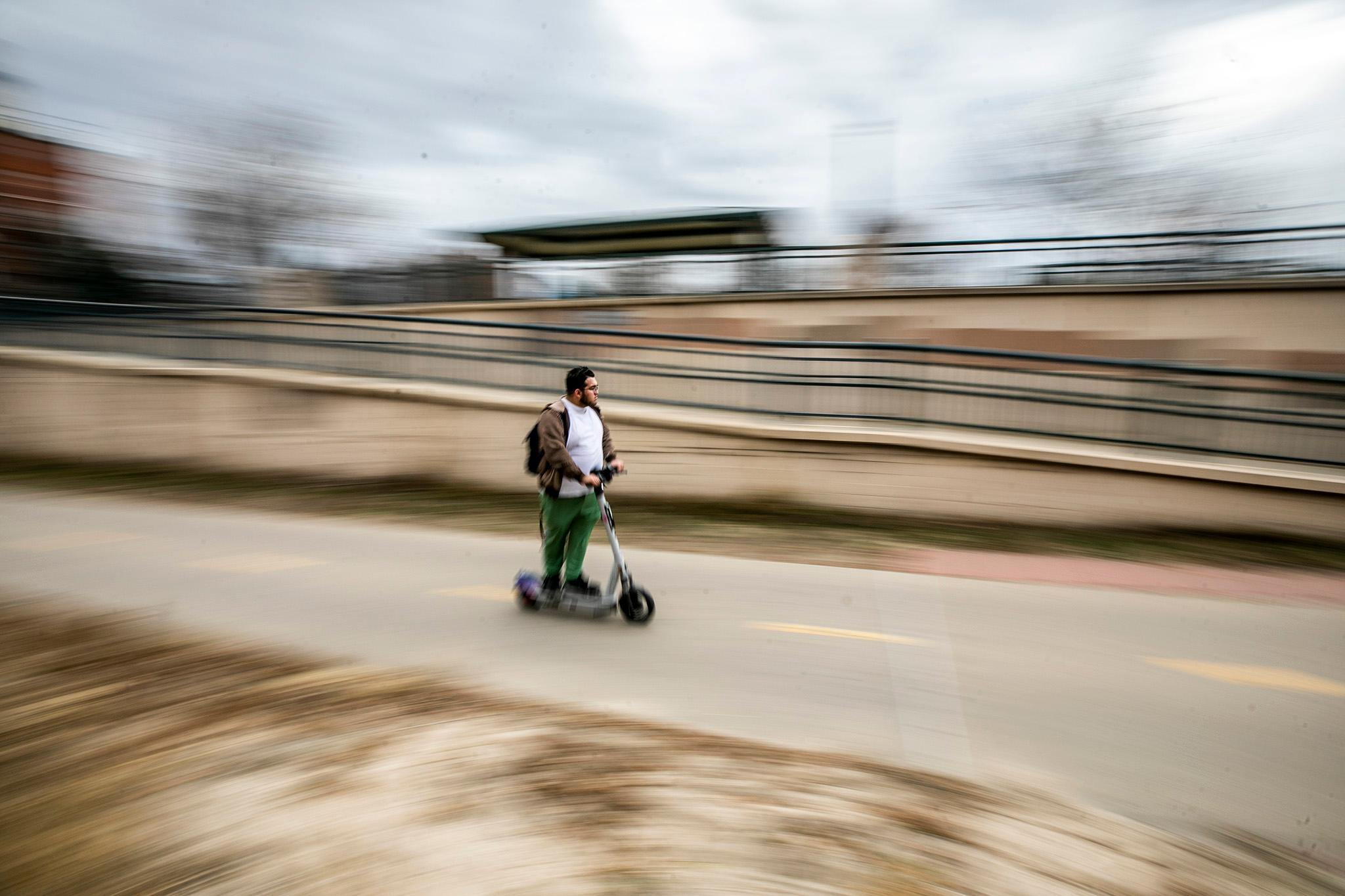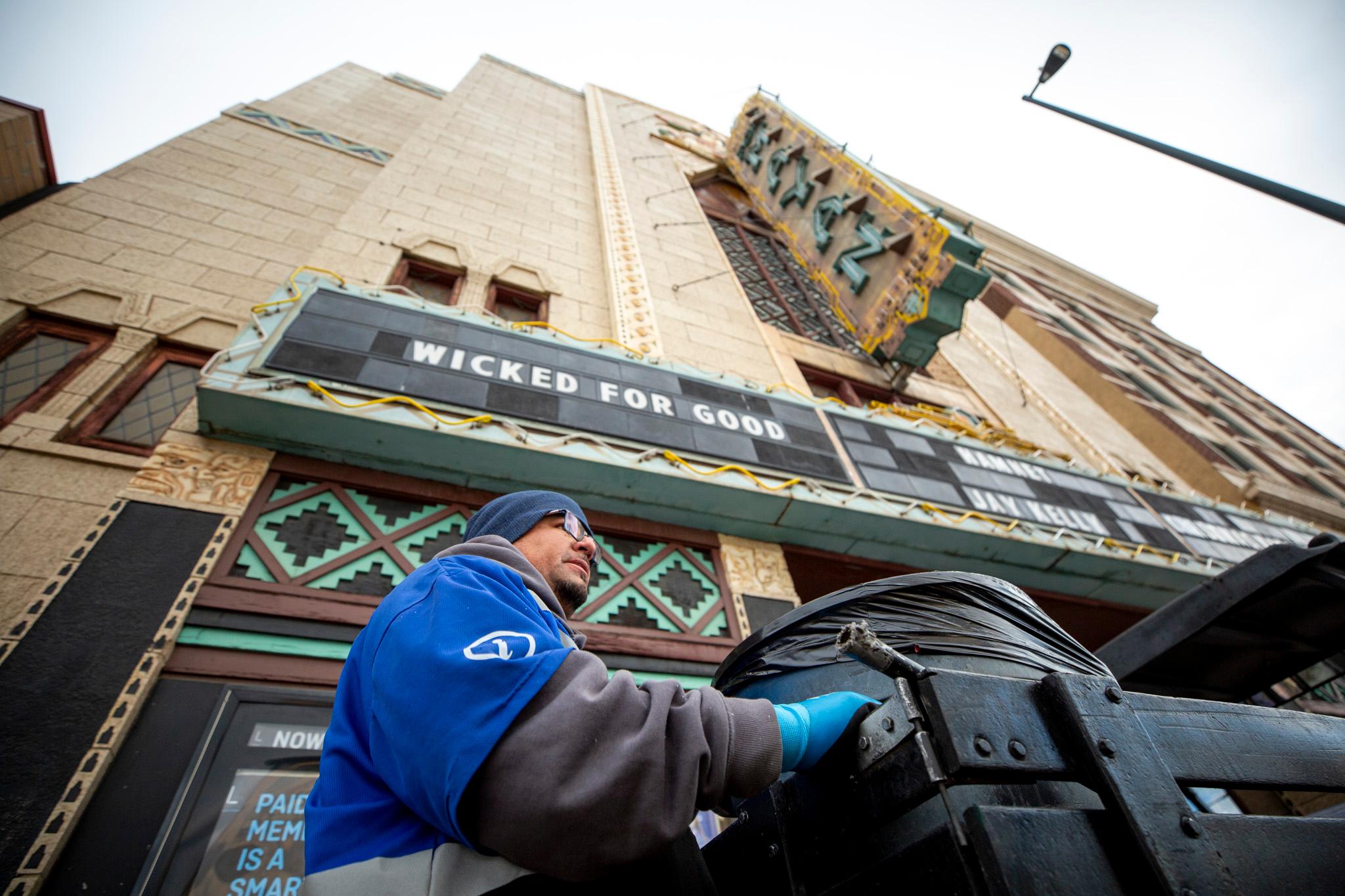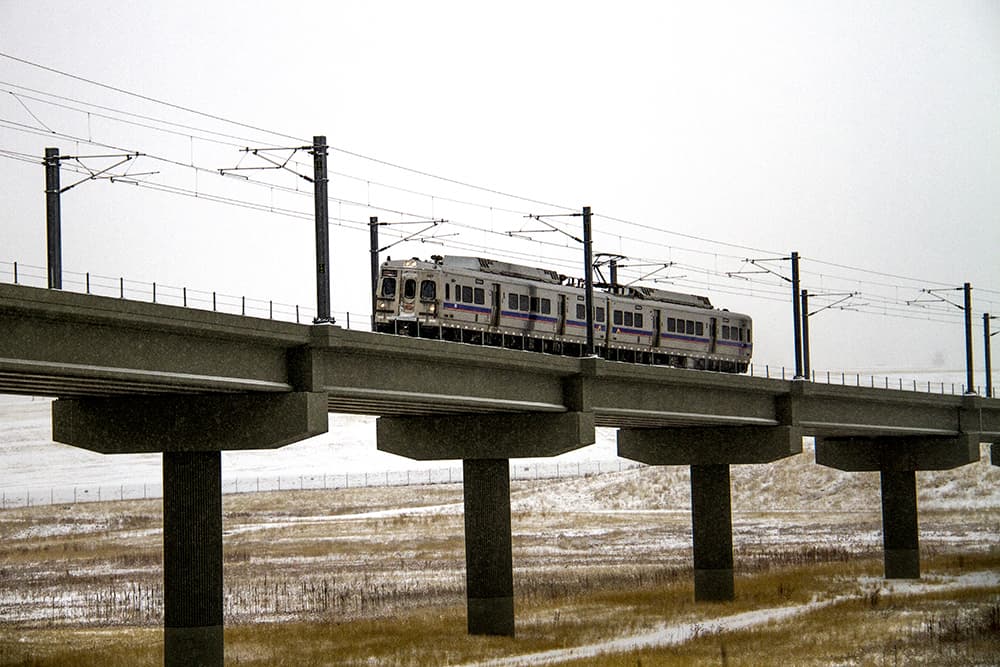
RTD Spokesperson Nate Currey wants you to know that it's unrealistic that the A Line will flat-out close. The agency will, however, be asking for another deadline extension for the line from the Federal Railroad Administration.
Yes, despite "significant progress" on the action plan developed with the FRA for towards fixing the persistent crossing gate issues, RTD is not yet to a point where the positive train control system is operating as intended.
While RTD won't guess what the FRA will do about the pending Feb. 4 deadline, Currey says that RTD hopes that the A Line will be operating past that date. After all, with several different agencies working to fix the problem, there's been a lot of time and effort invested already.
"We all stand to lose considerably if those were to shut down, including the feds, so we're all in this together, we've got skin in the game and we're all doing what we need to do to get this thing to where it needs to be," he said.
The FRA, for its part, says that they cannot say whether a waiver will be issued or that it would indeed be bad for the federal government if the A Line shut down. Additionally, there is no precedent for how many waivers can be issued -- each request is judged on its own merit.
Back in November, Currey told the Denver Business Journal that the agency hoped the A Line would be operating as intended before the February deadline.
Since then, it's become apparent that software updates alone won't get the crossing gates along the line opening and closing as needed.
Part of the problem with the software has been human behavior. Different train operators accelerate and decelerate at different rates, people board the train at different rates, and the first version of the software didn't account for that.
New observed data has made the software better at guessing when a train will be at the gate. RTD has found the system also works better when it's predicting one gate ahead, rather when the train will arrive at the next six gates. But now the agency expects that new hardware will be needed too.
"That's the one that's going to take six months or longer to install," Currey said. "So I think there was always the idea that we would need more time and [the FRA] know that as well."
So while Currey says the system will be fixed in 2017, he declined to specify further.
But what if the FRA says no waiver?
Again, Currey insists that this won't happen.
But.
That would mean that A and B Lines would completely shut down. And that's where it gets expensive ... for Denver Transit Partners.
RTD consolidated many bus lines into the A and B Lines and because of the public-private partnership under Fast Tracks, DTP is responsible for operations along the lines.
"RTD would have to dip deep into bus service to be able to accommodate [closure] and we can't do that, we're not going to sacrifice bus routes and service for this," Currey said.
Currey says it would take about the equivalent of 60 charter coaches operating all the time to keep up with the A Line. It won't be as convenient as the A Line though; one train is the equivalent of about three buses.
As for RTD, it would affect some of the fare box revenue, but it would be offset by the fact that RTD wouldn't have to pay DTP at all at by that point. RTD pays DTP to operate and maintain the system but a closed system means no money.
But even if all that happened, Currey says it wouldn't affect RTD's relationship with DTP.
"We're in a 28-year contract still with them," he said. "We selected them for a reason. [Closing] wouldn't complicate things too much, it would just create even more of a sense of urgency to get this done."
